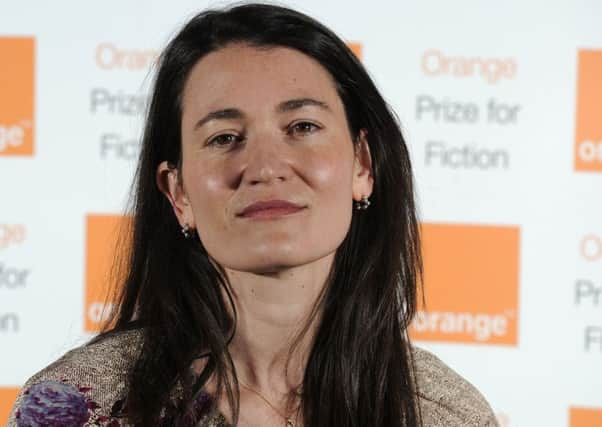Book review: Forest Dark, by Nicole Krauss


Nicole Krauss is an American novelist who has won numerous prizes, and been shortlisted for several other ones. Her books have been translated into more than 35 languages, and one, The History of Love, won a French Prize for the best foreign novel. Susan Sontag said that she strode “into the forecourt of American letters” and Ali Smith that she “restores your faith in fiction”, a faith which of course you may have found no reason to lose. No matter: she is evidently a novelist to be taken seriously, even though, in this book anyway, she is also a tiresomely verbose one, spinning out paragraphs where a couple of sentences might make the point.
The title is taken from Longfellow’s translation of the first lines of Dante’s Inferno. Calling attention to Dante is a sign of literary ambition, and this is a very literary novel. It is also a very Jewish one, or , more accurately, Jewish American. Epstein, one of the two main characters is told that he is a direct descendant of the Biblical King David, and the nature of the Jewish understanding of God and the Creation is a central theme of the novel.
Advertisement
Hide AdIt’s the theme which gives the book a unity it would not otherwise have, for it is only intellectually that the stories of the two are connected. Well, not quite only; both spend time in the Tel Aviv Hilton, a repulsive Brutalist building that has a special significance for them, and both are rich: Epstein a successful New York lawyer; the first-person narrator of the other story a successful novelist frequently accosted by strangers who tell her how much her novels have mattered to them. I suppose this often happens to Ms Krauss herself.
Epstein has apparently disappeared in Tel Aviv, having first set about divesting himself of much of his property and art collection to make donations to good Jewish causes. The Epstein sections are written in a free-swinging style that owes much to Saul Bellow and indeed he might have walked out of a Bellow novel, though Bellow would surely have given him a sharper wit. They start well with a lively – very Bellovian – scene in New York, lose direction when Epstein goes to Israel where the assertive Rabbi who peddles the “lineage of David” stuff is unconvincing and, to my mind, tedious.
The novelist’s sections are better, even though they suffer from her immersion in self-pity, always a bore unless treated as comedy. But at least there is eventually some narrative here. She is sought out by a retired Professor of Literature who may or may not have a connection with Mossad, the Israeli Secret Service. He tries to interest her first with a proposal that she should write a script for a film of an unpublished story by Kafka, then comes up with an agreeably tall tale. If she is to believe him – and this should take a quantity of Dead Sea salt – Kafka didn’t die, as we all suppose, in 1924, leaving his unfinished works in the care of his friend Max Brod, who ignored the instruction to destroy them, the papers subsequently becoming subject of a struggle for their rightful possession between Brod’s daughter and the state of Israel. Not so, the professor says. He emigrated to Israel, learned Hebrew and worked as a gardener. Then the pair and a dog drive out into the desert in a Kafka-related search. They are stopped by the Israel Defence Force. The professor is led away, the novelist and the dog brought to a lonely cottage and abandoned with disturbing results.
A lot of intelligence and writing has gone into this novel, and there are surely significances upon which I have failed to remark. But it drags – oh how it drags. Most novels, especially long ones – and this seems much longer than its 290 pages – cry out for some spark of the comic spirit, but there is no such spark here. It’s all serious, deadeningly serious. So I daresay it too will win prizes. But, if Sontag was right in saying Ms Krauss had previously taken a stride into the forecourt of American letters, I would say this new book has her backing out of there.
Forest Dark is published by Bloomsbury, £14.99
Nicole Krauss is at the Edinburgh International Book Festival on 27 August